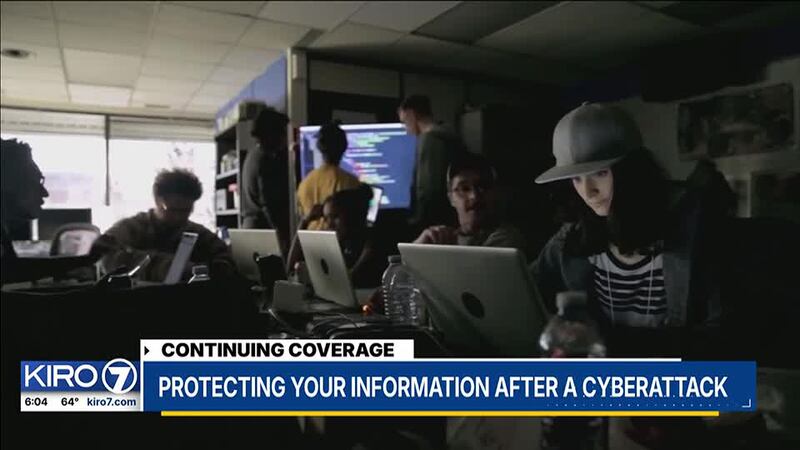SEATAC, Wash. — SEA airport is the latest victim of a suspected cyberattack. Experts warn it’s not just large companies and entities that are at risk of attack. Cybercriminals can wreak havoc on small businesses and individuals too.
“Overall, we are, society and as a world are dependent on these things,” said Perry Cooper with the Port of Seattle.
Experts warn cyberattacks are becoming more sophisticated.
“Gone are the days of receiving the email that says, ‘I am royalty in another country, and I want to transfer you large sums of money,’” said Mat Kordell, COO of CyberStreams, a company that provides cybersecurity and IT support.
“The bad guys are using artificial intelligence, big data processing,” said Dave Henderson, CEO of CyberStreams. “They are getting smarter and smarter about their attacks.”
Last year, the Identity Theft Resource Center tracked more than 2,300 cyberattacks with more than 343 million victims.
Those attacks can have significant consequences.
“It’s very common that a small business would go out of business within six months of a significant cyberattack,” Kordell said.
Individuals can be targeted too. Henderson warns the biggest threat right now is phishing.
“They take intimate details about you and use that to craft a message, usually an email, sometimes to a website, to try to fool you into clicking a link or giving up information that allows them to steal your identity or your money,” Henderson said.
He recommends using the SLAM method to avoid falling for a trap. Inspect the sender’s address carefully, as hackers can sometimes mimic the address of someone you know. Avoid opening links in emails from unknown senders and inspect the hyperlink carefully. Make sure links include https:// before the rest of the address. Avoid opening attachments from unknown senders, and also inspect the body of the message carefully. Sometimes hackers can misspell words or use language that doesn’t sound conversational.
Henderson also urges individuals to develop a plan so they’re prepared if they are targeted in a cyberattack.
If you believe you have been hacked, reset your passwords and turn on multi-factor authentication options on your accounts. Get in touch with your bank’s fraud department to alert them too.
Kordell urges businesses to consider adding a comprehensive cybersecurity insurance policy, and for individuals to explore identity theft protection options.
©2024 Cox Media Group








